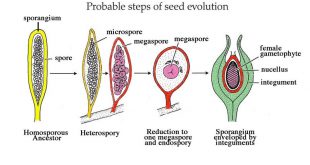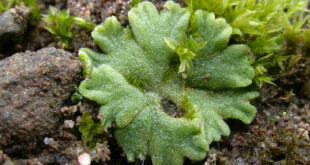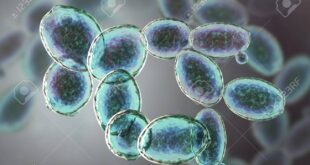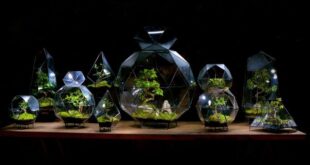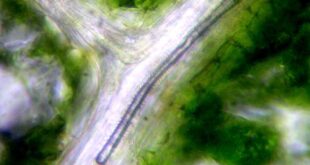While imagining the future, we think about a lot of things like flying cars, robots assisting humans, and even time machines. But do we ever imagine ourselves depending on plants to watch TV, turn on fans, or even charge our mobile phones? For now, it may seem hard to create …
Read More »Blog Layout
Doomsday Seed Vault: Hoarding for Apocalypse
What do you picture when the land of midnight sun, Norway crosses your mind? It must be white snowy terrain, crystal-like blue glaciers, magical dancing aurora, astounding fjords, wild polar bears, scenic landscapes, intriguing cultural heritage, and all the mind-boggling aspects. But little do we know, this land is accommodating …
Read More »Plant Biotechnology
What is Plant Biotechnology? Plant biotechnology can be defined as the use of tissue culture and genetic engineering techniques to produce genetically modified plants that exhibit new or improved desirable characteristics. A Short History of Plant Biotechnology The foundations of modern plant biotechnology can be traced back to the …
Read More »Production of Secondary Metabolites through in vitro Culture Techniques
Metabolism: (Gr. metabole = change) the totality of the chemical changes in living cells which involves the buildup and breakdown of chemical compounds. Metabolites Primary metabolites: Molecules that are essential for growth and development of an organism. Secondary metabolites: Molecules that are not essential for growth and development of an …
Read More »Monosaccharide : Simple Sugar
General Characteristics The simpliest of all soluble carbohydrate and are known as simple sugar. The building unit of complex carbohydrate Can’t be hydrolised Sweet testing, soluble in water, crystaline Posses a free aldehydee or ketone group General formula CnH2nOn Get Free Netflix Now Best safe and secure cloud storage with …
Read More »Heterospory and Seed Habit
Heterospory The phenomenon of the development of two types of spores (differing in size, structure and function) by the same species is known as heterospory. The two different sizes are smaller spores also known as microspores and the larger spores also known as megaspores. Rashid (1999) listed nine genera as …
Read More »Riccia: A Common Liverwort
The simplest members of the order Marchiantales are found in the family Ricciaceae. There are roughly 140 species in the family. They fall under the Tesselina, Ricciocarpus, and Riccia genera. There are only one species each for the first two. The genus Riccia encompasses the remainder. The Italian botanist F. …
Read More »Lower Fungi: Classification of Lower Fungi
Fungi are considered to be one of the most interesting sets of organisms. Some fulfills the basic necessities such as food, medicine, industrial raw materials and some succumbs the living entities to death.According to legend, three and a half millennia ago, the Greek hero Perseus accidentally assassinated his grandfather Acrisius, …
Read More »Terrarium: Your Very Own Ecosystem
What is Terrarium? Have you ever heard of miniature but thoroughly natural garden, implanted inside a glass jar? Well, that is exactly what terrarium is- it may also be termed as a little rainforest domiciled in an enclosed jar or container made of glass. The word “Terrarium” was derived from …
Read More »Cavitation and Embolism: Bubbles in The Stem!
Water transportation seems comparatively a simple phenomenon than how plants communicate with each other or the studies regarding whether they feel any pain. Because the transportation system seems so obvious and uninteresting there has been little research on this topic and there lie many other things that are still unknown. …
Read More » Plantlet The Blogging Platform of Department of Botany, University of Dhaka
Plantlet The Blogging Platform of Department of Botany, University of Dhaka


